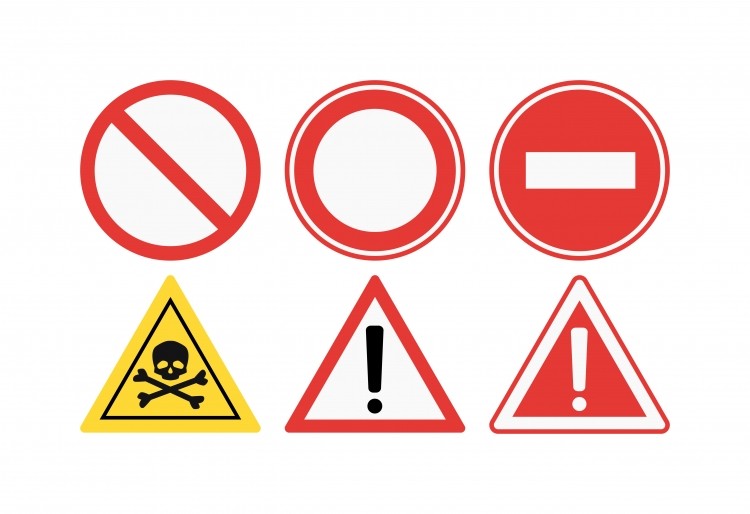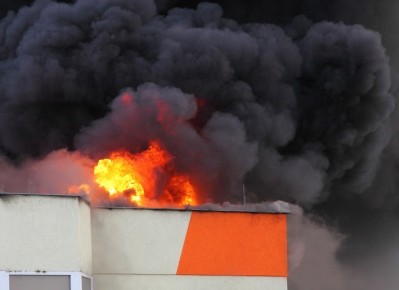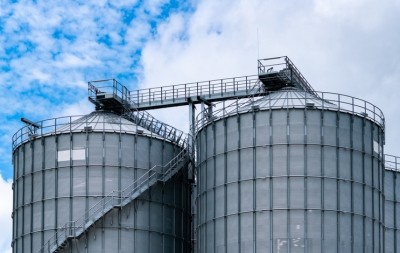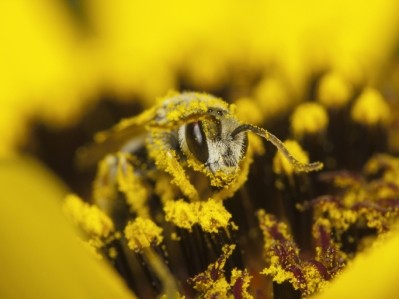BASF vitamin A and E supply challenged after fire at German site

The German chemical group produces vitamin products for human and animal nutrition.
BASF said a fire occurred on 31 October during the startup of its Citral manufacturing facility. Consequently, it said it was forced to shut down that plant and to declare a Force Majeure for its Citral and Isoprenol based aroma products.
Its vitamin A and E plants are currently also shut down for scheduled, routine maintenance. However, the company explained that it can only restart these plants once supply of Citral is re-established and the corresponding intermediates for vitamin A and E become available.
Thus, BASF said it is forced to extend the Force Majeure to its vitamin A and E lines, and to several of its carotenoid ingredients.
In terms of the trigger for the incident, a spokesperson for BASF told FeedNavigator:
“The fire was caused by a technical equipment failure that was beyond BASF’s control. While starting up our Citral production plant in Ludwigshafen after a scheduled maintenance shutdown, organic material caught fire in the late evening of October 31, 2017. No one was injured in the fire, which was extinguished shortly after its detection.”
When asked how significant the impact of the accident was, she said:
“We have begun to assess the extent of the damage in detail. At this point in time, we expect that the cleaning process, follow-up inspection, repair and restart of the plant will take several weeks.
“The impact of the Force Majeure situation on our supply capability ... is being evaluated at the moment. BASF is in close contact with its customers to inform them about any developments.”
The company informed the local public about the fire immediately after it happened, she added.
“Furthermore, BASF informed all its aroma ingredients customers about the unforeseeable incident and the Force Majeure that we had to declare on Citral and Isoprenol based aroma ingredients.”
Deadly explosion at site last year
The BASF Ludwigshafen site is 10 square kilometers in size and is home to 200 different plants.
Four people were killed and several others were injured following an explosion and subsequent fire at the North Harbor section of the complex in October 2016. It took firefighters 10 hours to extinguish the resulting blaze. Several production facilities had to be temporarily shut down after the incident.
BASF said it continues to work with officials to clarify the causes of that "tragic accident" and is supporting the experts and authorities in their investigations.
"We will learn from the accident and draw conclusions from it for the future."
The company said that following the explosion at the North Harbor, in accordance with the Hazardous Incident Ordinance, the Southern Structure and Licensing Directorate (SGD Süd) asked BASF to have the incident investigated by experts from the technical inspection board TÜV Süd.
"The results of important partial reports have now been released. The experts did not find any deficiencies that caused the accident."
The company said it does not compromise on safety:
"Therefore we invest a lot of time and money in safety. In the past ten years, we have invested about €10bn in maintenance in the Ludwigshafen site. Investments in new buildings, maintenance, repairs and modernizing over the last ten years were always higher than depreciation each year and on average 100% higher, with a maximum up to 350%," said a BASF spokesperson.
However, the company said it was clear that after such an accident as the North Harbor blast, it must continuously scrutinize its safety measures and continue its investment in safety.
"Investments in maintenance and repair at the site will therefore remain at a high level also in the future: The new site agreement 2020 sets €6bn for investments in modernization and maintenance between 2016 and 2020."








